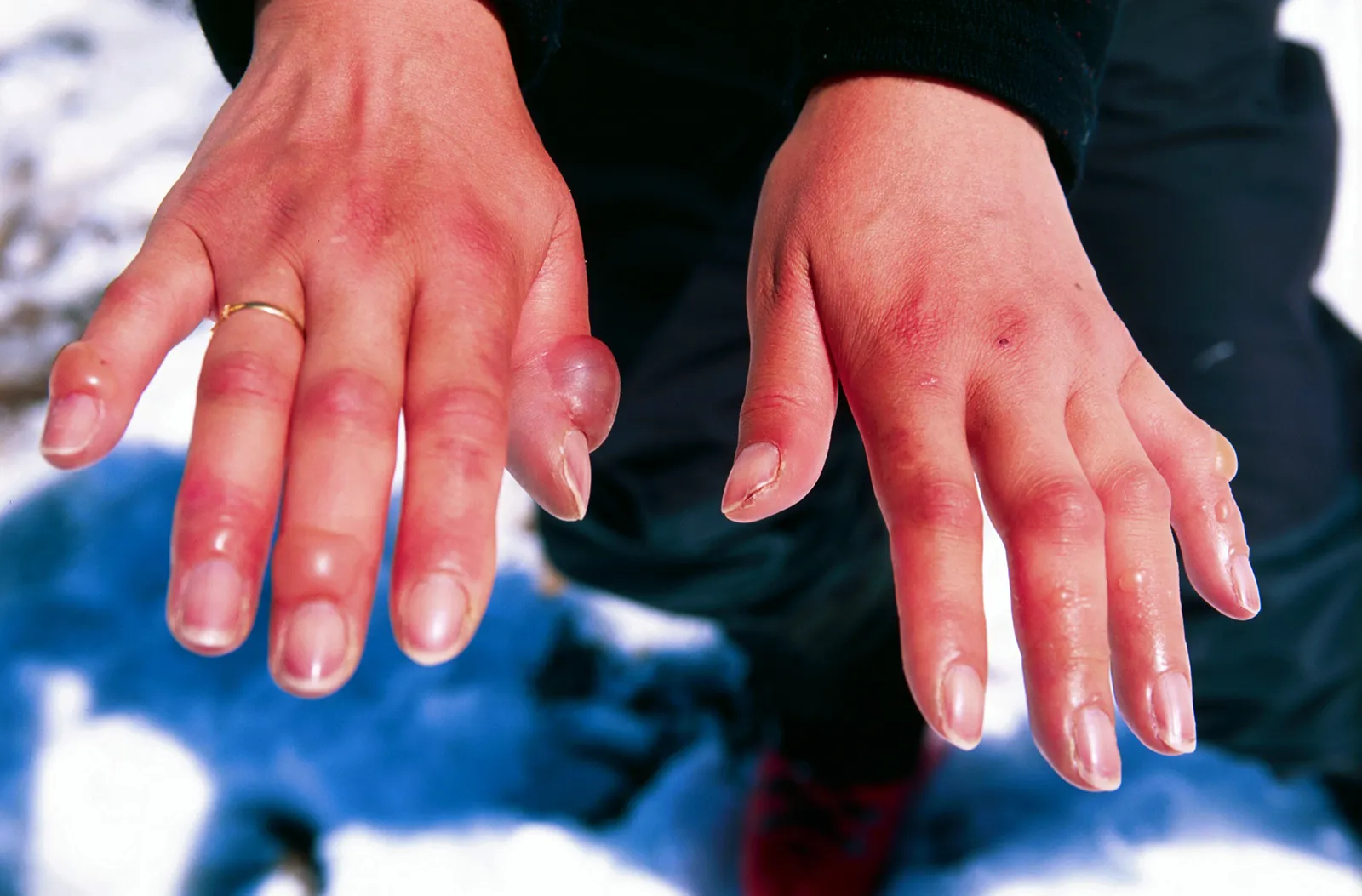7 Weight Loss Myths You Shouldn’t Trust: Don’t Get Fooled by Fad Diets and Quick Fixes
When it comes to losing weight, there’s no shortage of advice out there. But let’s be real, not all of it is good advice. You’ve probably heard some pretty wild claims about quick and easy ways to shed pounds, right? Well, it’s time to separate fact from fiction and bust some common weight loss myths. So, let’s get started!

Myth 1: Fad Diets Are the Fast Track to Weight Loss
You’ve seen them, those diets that promise you’ll drop pounds like magic if you just eat this one food or avoid that one group altogether. Sounds too good to be true? That’s because it is. Fad diets often lead to short-term weight loss, mainly due to water loss or muscle wasting, not actual fat loss. And guess what? The weight usually comes right back when you return to normal eating. Stick with a balanced diet and regular exercise for sustainable results.
Myth 2: Eating Late at Night Will Make You Weight Gain
It’s not about when you eat, but what and how much you eat. Calories are calories, no matter the time of day. What leads to weight gain is eating more calories than you burn. If you’re hungry late at night, opt for a healthy snack rather than raiding the cookie jar.
Myth 3: You Need to Go to Extremes to Lose Weight
Some folks think that the only way to see the scale move is by taking drastic measures—think skipping meals or working out for hours every day. Not only is this unhealthy, but it’s also unsustainable. A moderate approach that includes balanced meals and regular, enjoyable physical activity is much more effective in the long run.
Myth 4: Fat-Free or Low-Fat Foods Are Always Better
Here’s the thing—just because a food is labeled “fat-free” or “low-fat” doesn’t mean it’s healthier or lower in calories. Often, when fat is removed from foods, sugar or other unhealthy additives are used to make up for the lost flavor. Plus, your body needs healthy fats to function properly. Yogurt, avocados, oily fish, nuts, and olive oil are great sources of beneficial fats.
Myth 5: Cutting Carbs Is the Only Way to Lose Weight
Carbs have been unfairly demonized in the weight loss world. Sure, cutting down on processed carbs like white bread and sugary snacks is a smart move. But whole grains, fruits, and vegetables are packed with essential nutrients and fiber that can actually help you lose weight. They keep you full longer, so you’re less likely to overeat.
Myth 6: Supplements Can Replace Diet and Exercise
While certain supplements can support your health, there’s no magic pill for weight loss. The basis for achieving weight loss is a healthy diet and regular physical activity. Don’t waste your money on supplements that promise miraculous results—they just don’t exist.
Myth 7: Extreme Calorie Cutting is the Fastest Way to Lose Weight
You might think slashing calories drastically will get you results faster. Guess why? It’s not that simple. Drastically reducing your calorie intake can backfire, leading to muscle loss, a slower metabolism, and, eventually, weight regain. So what’s the answer? A balanced approach that reduces calories moderately while maintaining a healthy mix of nutrients is key.
Frequently Asked Questions
1. Can I lose weight without exercise, just by dieting? While diet plays a decisive role in weight loss, exercise is also important. It boosts metabolism, burns calories and helps maintain muscle mass. Ideally, a combination of both will lead to the best results.
2. Are all sugars bad for weight loss? Not all sugars are the same. Naturally occurring sugars in fruits and dairy are part of a healthy diet. However, added sugars in sodas, sweets, and processed foods can contribute to weight gain and should be limited.
3. Can drinking water help with weight loss? Absolutely! Water can help you feel full, preventing overeating, and it’s essential for your body to function properly. Sometimes, you might think you’re hungry when you’re actually just thirsty.
4. Should I weigh myself every day to track progress? Not necessarily. Daily fluctuations can be misleading due to water weight and other factors. It’s better to weigh yourself once a week, at the same time of day, to get a clearer picture of your progress.






